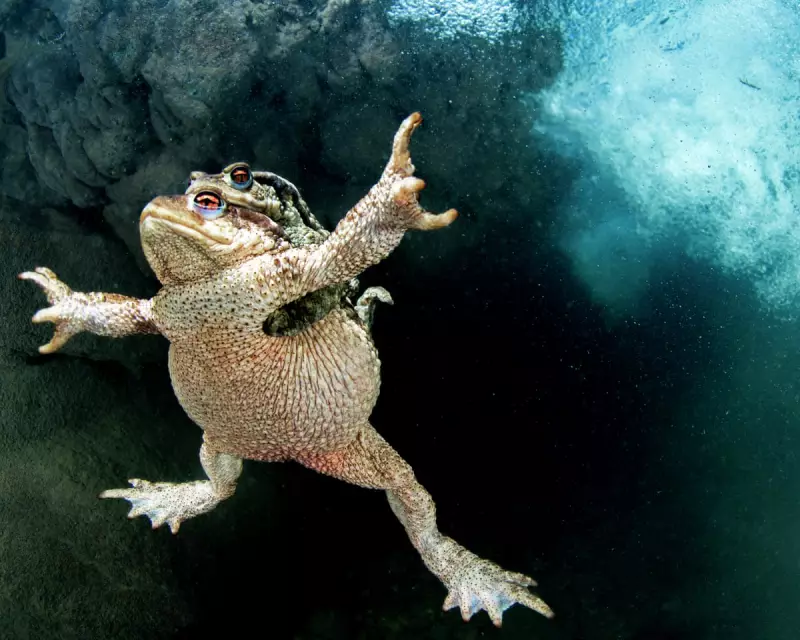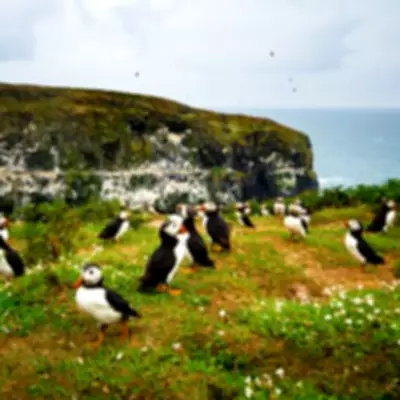
Britain's common toad populations are facing an existential crisis on the country's road network, with numbers collapsing by a staggering 70% over the past three decades. During crucial spring migrations, thousands of these protected amphibians are being turned into what conservationists grimly describe as "mush" beneath vehicle tyres.
The Great British Toad Tragedy
Each spring, as temperatures rise, toads undertake mass migrations from their woodland hibernation sites to ancestral breeding ponds. This ancient ritual now sees them crossing increasingly busy roads, with fatal consequences. "The cars just turn them into mush," states John Wilkinson of the Amphibian and Reptile Conservation Trust, highlighting the brutal reality facing these creatures.
Conservation Cavalry Rides to Rescue
Across the UK, a network of dedicated volunteers is fighting back through remarkable conservation efforts:
- Toad Patrols: Nightly rescue operations where volunteers carry toads across dangerous roads in buckets
- Migration Tunnels: Specially constructed underground passages allowing safe passage beneath busy routes
- Road Signs: Seasonal warnings alerting drivers to amphibian crossings
- Habitat Protection: Preserving crucial breeding ponds and terrestrial habitats
Why Toads Matter Beyond the Roadside Carnage
These amphibians serve as vital environmental indicators. Their decline signals broader ecological problems, including habitat fragmentation and pollution. As Wilkinson notes, "If you've got toads breeding in your pond, that's a really healthy pond." Their disappearance could have cascading effects throughout local ecosystems.
The Road Ahead: Challenges and Solutions
Despite these heroic efforts, significant hurdles remain. Funding shortages, habitat loss, and climate change continue to threaten recovery. Conservationists argue that permanent solutions like wildlife tunnels during new road construction could make a substantial difference, though retrofitting existing infrastructure remains challenging.
The fate of Britain's toads hangs in the balance between ancient migration instincts and modern transportation networks. As one volunteer poignantly observes, "They've been doing this for thousands of years. The roads have been here for 50." The question remains whether human intervention can compensate for the deadly obstacles we've created.





